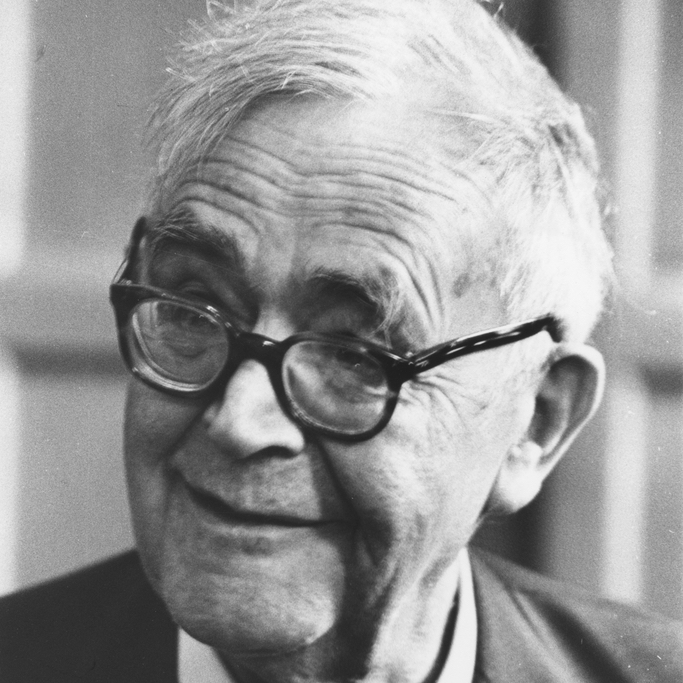Yesterday, upon the stair,
I met a man who wasn't there
He wasn't there again today
I wish, I wish he'd go away…
When I came home last night at three
The man was waiting there for me
But when I looked around the hall
I couldn't see him there at all!
Go away, go away, don't you come back any more!
Go away, go away, and please don't slam the door... (slam!)
Last night I saw upon the stair
A little man who wasn't there
He wasn't there again today
Oh, how I wish he'd go away...
Published:
1899
Length:
Regular
Literary Movements:
Children's
Anthology Years:
2022
Themes:
Doubt & Fear
Literary Devices:
End Rhyme
when a poem has lines ending with words that sound the same
Extended Metaphor
a metaphor that extends through several lines or even an entire poem
Irony
the expression of one's meaning by using language that normally signifies the opposite, typically for humorous or emphatic effect
Paradox
a situation that seems to contradict itself
Repetition
a recurrence of the same word or phrase two or more times

